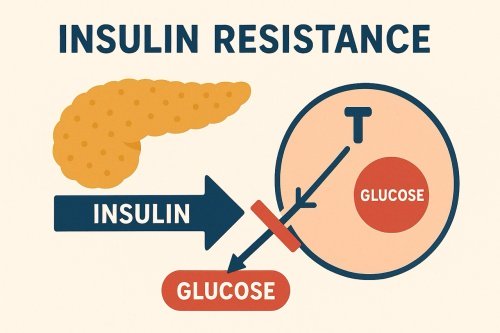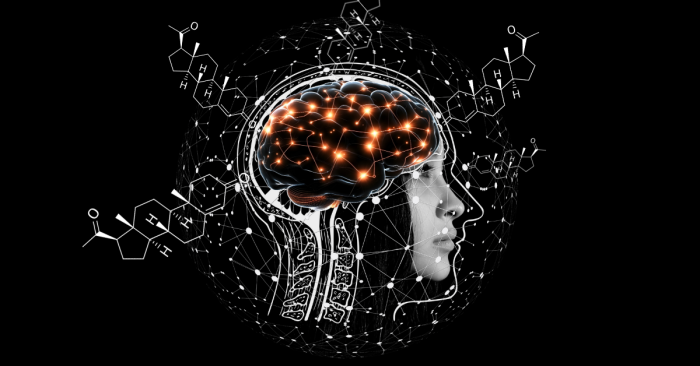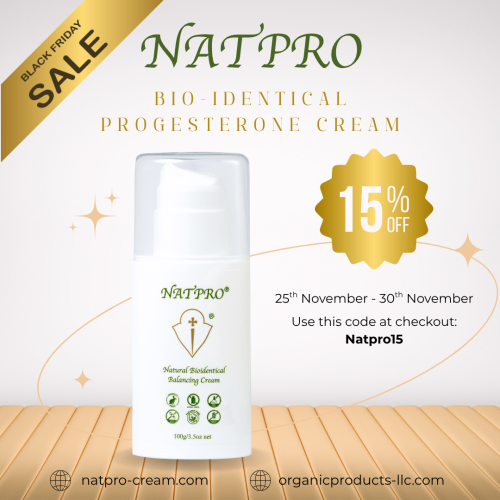Low libido and hair loss
by Koloris
(England)
Hi
I am 53 years old and have been using progesterone and NatPro to balance my symptoms for the past 6 years. Until I found your site and progesterone I thought I was going completely mad and your advice not only saved my sanity, but improved my quality of life immensely, so thank you so much for your help and all you do to help us all.
I now have another issue, I originally went up to 400mg of progesterone, but now use around 150mg of progesterone every day to keep all my symptoms at bay, but for the past couple of years my libido has reduced to almost nothing and I’d say in the last year my hair has started thinning considerably. I thought perhaps adding in some form of testosterone may help but from searching your site, I see you don’t recommend it as it converts to oestrogen. Do you have any recommendations I can try to help?
Many thanks
Comments for Low libido and hair loss
|
||
|
||
|
||
|
||
 Feeling tired, foggy, or struggling with stubborn weight gain—especially around the waist? You might be surprised to learn that these symptoms could be linked to insulin resistance, a condition that a…
Feeling tired, foggy, or struggling with stubborn weight gain—especially around the waist? You might be surprised to learn that these symptoms could be linked to insulin resistance, a condition that a… Are you struggling with irregular cycles, unwanted hair growth, or unexplained fatigue? You’re not alone. Polycystic Ovarian Syndrome (PCOS) affects up to 10% of women of reproductive age—and many mor…
Are you struggling with irregular cycles, unwanted hair growth, or unexplained fatigue? You’re not alone. Polycystic Ovarian Syndrome (PCOS) affects up to 10% of women of reproductive age—and many mor… While progesterone is often discussed in relation to reproductive health, emerging research reveals its remarkable role in supporting brain function and protecting against neurological decline. Proges…
While progesterone is often discussed in relation to reproductive health, emerging research reveals its remarkable role in supporting brain function and protecting against neurological decline. Proges… Incase you missed it!
Today is the last day for you to claim 15% off our Natpro 100ml Dispensers. The sale ends at midnight tonight.
How to Claim Your 15% Discount:
•Shop at
Incase you missed it!
Today is the last day for you to claim 15% off our Natpro 100ml Dispensers. The sale ends at midnight tonight.
How to Claim Your 15% Discount:
•Shop at